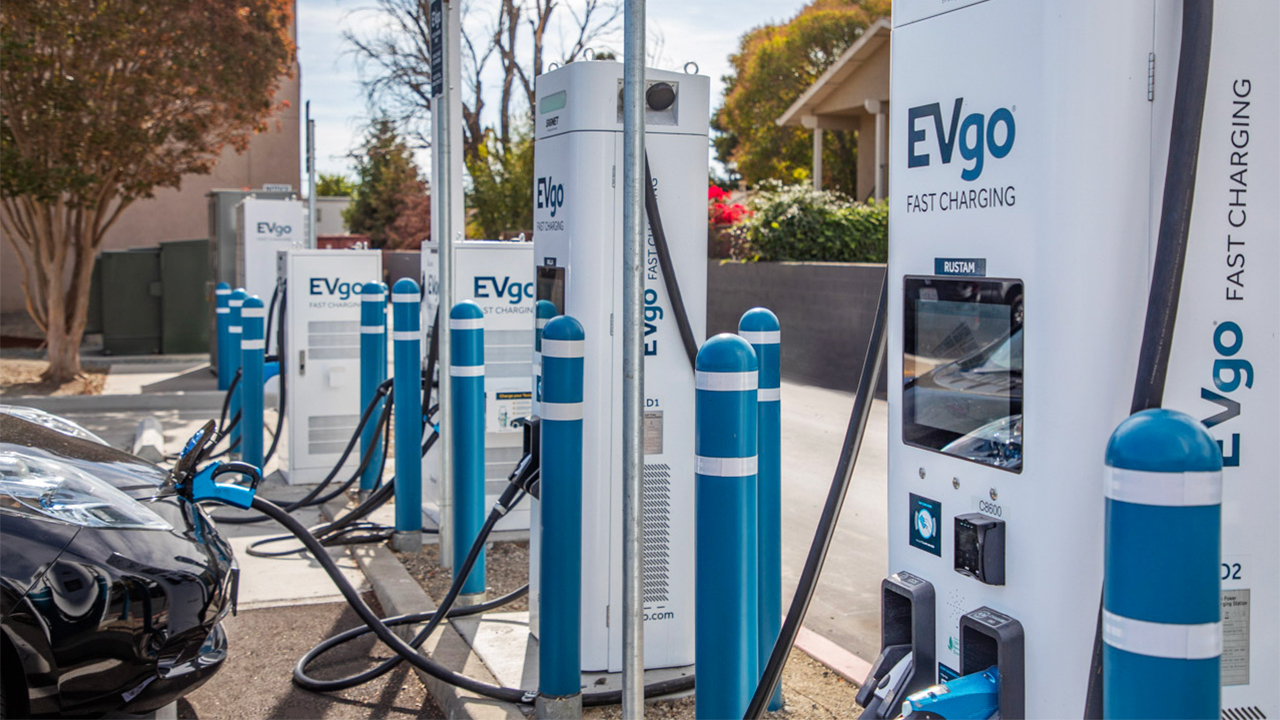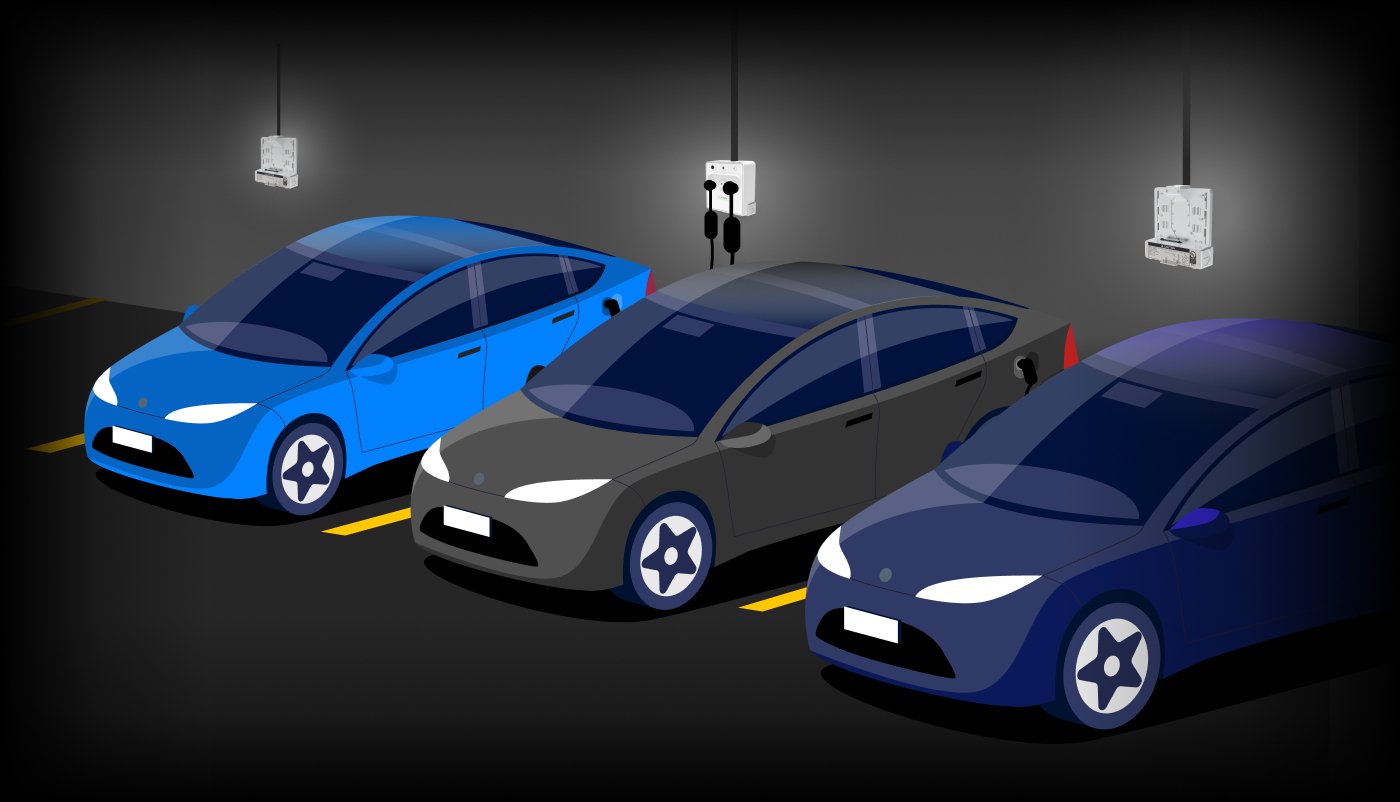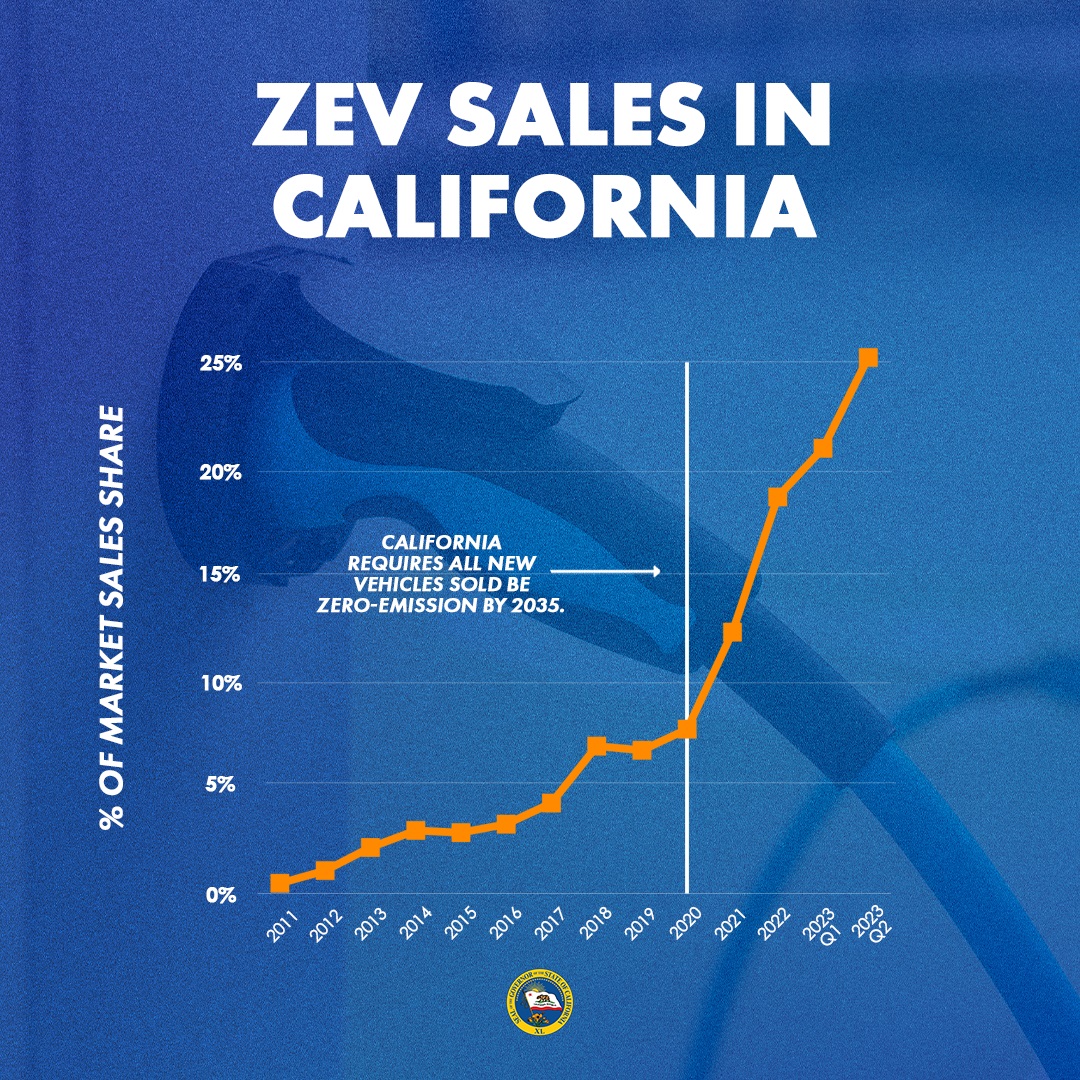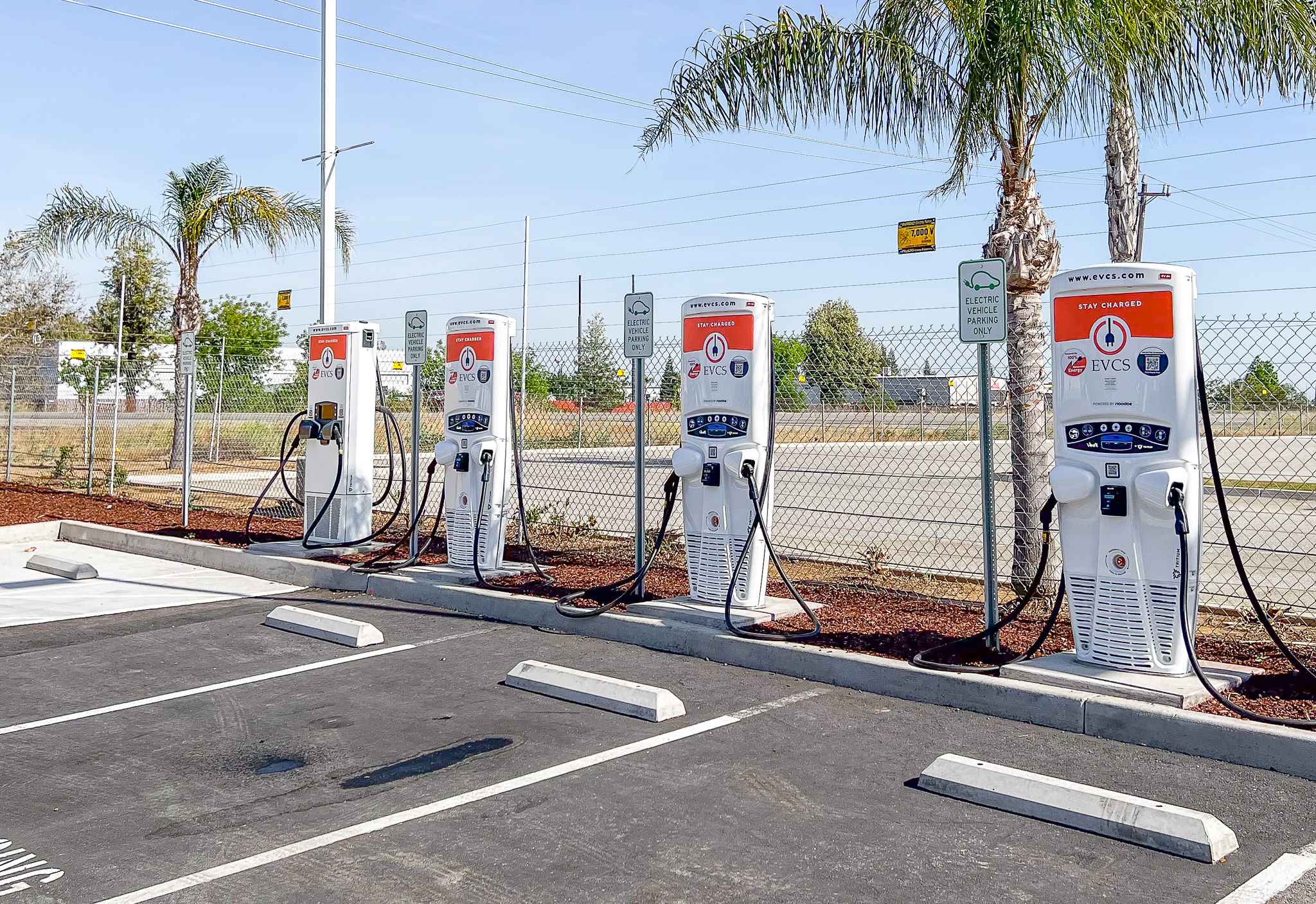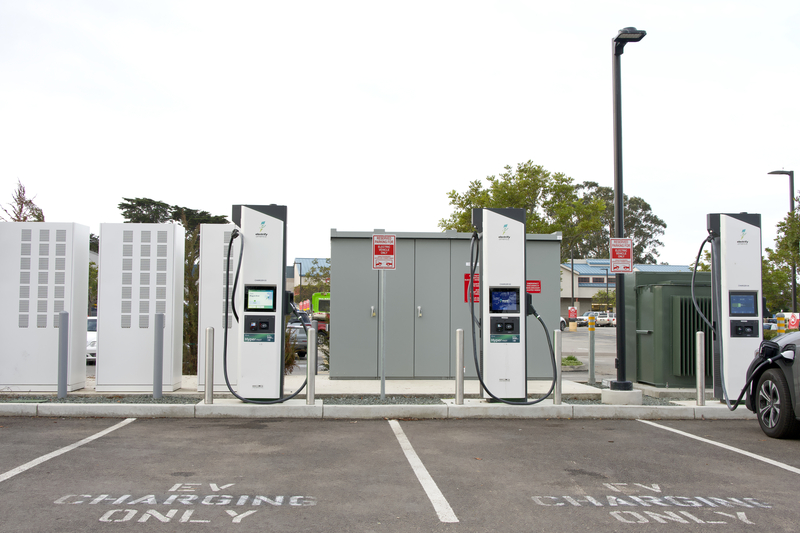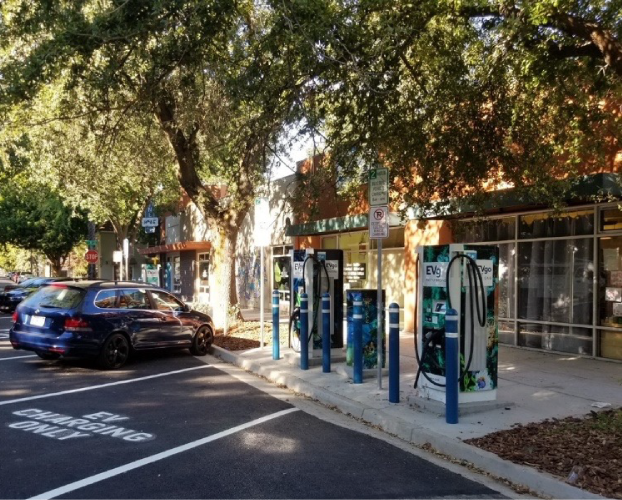
Rebates for charging equipment, which are available for installations by businesses, nonprofits, tribes, and public entities, can cover 50% of a project’s total costs or up to US$100,000, based on charger capacities. The application window, which opened yesterday, closes on 12 December 2023 at which point proposals will be reviewed and awards made based on meeting requirements and project readiness.
The funds are to support publicly accessible EV charging stations in low-income and disadvantaged communities in 28 counties in northern and southern California.
The rebates are part of the California Electric Vehicle Infrastructure Project (CALeVIP), the nation’s largest EV charging incentive initiative. This is the second phase of CALeVIP’s Golden State Priority Project, which offers funding for direct current fast charging (DCFC) stations, a key component in assuring EV drivers can meet charging needs while on the road. A first phase of incentives was offered earlier this year in California’s eastern and central regions.
Interested property owners and managers, EV service providers, electrical contractors and others can learn about project requirements and how to apply for funding by watching the webinar Upcoming DCFC Incentives for Northern and Southern California hosted by the Center for Sustainable Energy.
This charging station rebate opportunity comes as EV adoption continues to rise. One in four new cars sold last quarter in California was a zero-emission vehicle (ZEV). Earlier this year, the state surpassed its goal of selling 1.5 million ZEVs – a full two years ahead of schedule.
“Expanding charging opportunities in disadvantaged and low-income communities gives residents greater confidence to buy an EV,” said John Gartner, CSE’s senior director of transportation. “The Golden State Priority Project focuses on getting chargers deployed quickly so that Californians can benefit from the improved air quality and reduced climate change impacts that electric transportation offers by removing polluting internal combustion engine vehicles from our roadways.”
The first phase of the Golden State Priority Project opened in January 2023 with US$30 million in funding for 30 counties in central and eastern regions of California. That project reserved US$29.8 million to install more than 500 charging connections at a variety of locations in low-income and disadvantaged communities, according to the CSE.
CALeVIP addresses local and regional EV charging station needs and supports efforts to meet the state’s ZEV goals. Since 2017, CALeVIP has provided more than US$223m in funding for publicly available Level 2 and DC fast chargers throughout California.
CALeVIP funding comes from the CEC’s Clean Transportation Program, which is investing $1.4bn through 2024 to speed up the build-out of the state’s ZEV infrastructure. The program is part of the historic US$52bn California Climate Commitment, which includes more than US$10bn for zero-emission cars, trucks, buses and infrastructure.
For detailed rebate project information, visit https://calevip.org/find-project-2



